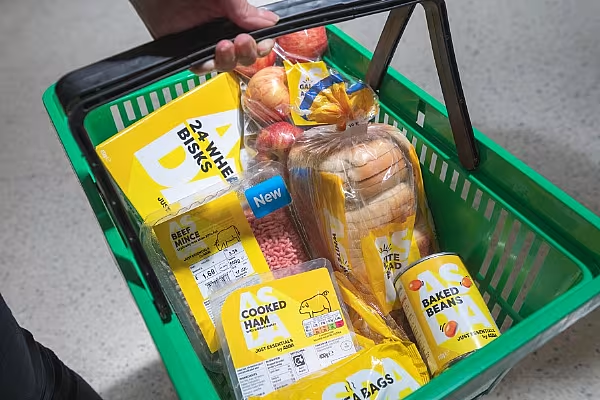Around 80% of UK households witnessed a year-on-year decline in disposable income in May as rising living costs continued to outstrip wage growth, the latest Asda Income Tracker has unveiled.
Low-earning families were particularly affected, with 40% of households falling into 'negative income territory' in May.
The take home pay for these families did not cover spending on bills and essentials, with the average shortfall at £42.50 per week for the month.
Meanwhile, high-income households in the UK saw a 2.1% rise in disposable income in May year-on-year to an average of £754 per week.
This marked the second successive month of disposable income growth for these households, driven by strong increases in their gross income.
The tracker showed that family disposable income rose by £1.85 per week in May, to an average of £207 per week, representing an increase of 0.9% compared to the same period last year.
Weak Family Finances
Family finances remained weak despite this increase, with May's figure of £207 per week as the second lowest since October 2022.
The strain on family disposable incomes is the result of elevated and persistent inflation in essential categories such as food and housing, Asda noted.
The Asda Income Tracker measures ‘disposable income’, which is the amount UK households have left to spend on discretionary purchases after paying taxes and essential bills, including groceries, utility bills, transport costs, mortgage or rent payments.
© 2023 European Supermarket Magazine – your source for the latest A-Brands news. Article by Dayeeta Das. Click subscribe to sign up to ESM: European Supermarket Magazine.










